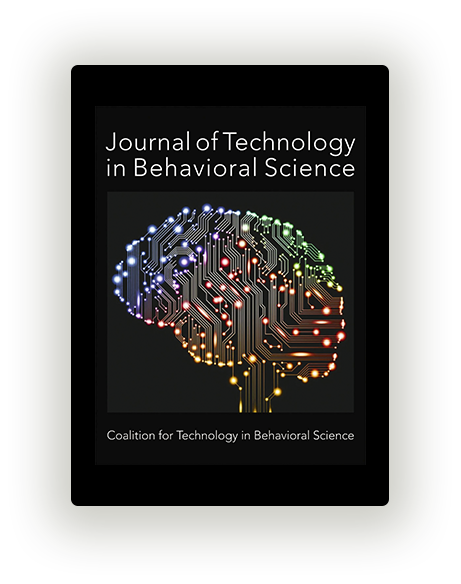Take a look at this Journal of Technology in Behavioral Science (JTiBS) article examining how we measure the quality of the working from home (WFH) experience. This recently published study by Federici and colleagues acknowledges the likely expansion of opportunities to work from home following the COVID-19 pandemic. Additionally, it acknowledges the heterogeneity of WFH systems and need for modalities of measuring experience within WFH settings.
Current Landscape of WFH
The study focuses on working situations where “employees work outside of the office via a form of technology in their own adaptable space.” WFH practices are thought to reduce employee workload by allowing increased flexibility, reducing company costs related to physical infrastructure, and have been shown to increase workforce productivity. Prior to the COVID-19 pandemic, WFH was less commonly practiced with some stigma about WFH practices. Since the pandemic, when many individuals were required to adapt to a WFH format, research has suggested that employees have experienced increased exposure to WFH options during the pandemic which may be decreasing the stigma and increasing the interest in positions with WFH options.
Researchers acknowledge that taking into account employee experience is important to reduce risk of negative effects, though the approach to measuring and examining experience has not been clearly defined at this time.
Methods
The study utilized the Preferred Reporting Items for Systematic Reviews and Meta-Analyses (PRISMA) methodology for scoping reviews to systematically map common approaches for measuring home worker experience in order to determine appropriate approaches and tools used to assess WFH experience. A Scopus and Web of Science search were completed to identify relevant research over the last 10 years.
Research questions included:
1. Common methodological approaches to investigate experience of WFH
2. Variables investigated using these approaches
3. Overarching dimensions determined through grouping variables to assessment relationships between workers and work modalities
Results
34 records were included in qualitative synthesis that met eligibility criteria from a total of 325 products reviewed. Studies were primarily excluded due to the emphasis on the economic and business advantages of implementing WFH. Studies primarily examine experience through survey or qualitative approaches with only 18% taking a longitudinal observation approach.
Ten themes examined most commonly within previous research were identified through the analysis.
1. Engagement with work
2. Flexibility
3. Health and well-being
4. Layout and technology
5. Organizational and job-related aspects
6. Performance, productivity and efficiency
7. Personal needs and style
8. Satisfaction
9. Subjective gains
10. Work-life balance
Discussion
Results suggest that investigating experience in WFH settings requires examination of multiple aspects, such as within the 10 themes identified. Results highlight a lack of unified terminology and tools to assess worker experience currently. Surveys and qualitative questions are most likely to be used at this time. Researchers proposed a specific WFH experience definition as a way to begin unifying the field and improving decision-making around the design of WFH modalities.
Disclaimer: ctibs.org offers information as educational material designed to inform you of issues, products, or services potentially of interest. We cannot and do not accept liability for your decisions regarding any information offered. Please conduct your due diligence before taking action. Also, the views and opinions expressed are not intended to malign any organization, company, or individual. Product names, logos, brands, and other trademarks or images are the property of their respective trademark holders. There is no affiliation, sponsorship, or partnership suggested by using these brands unless contained in an ad. We do not and cannot offer legal, ethical, billing technical, medical, or therapeutic advice.
